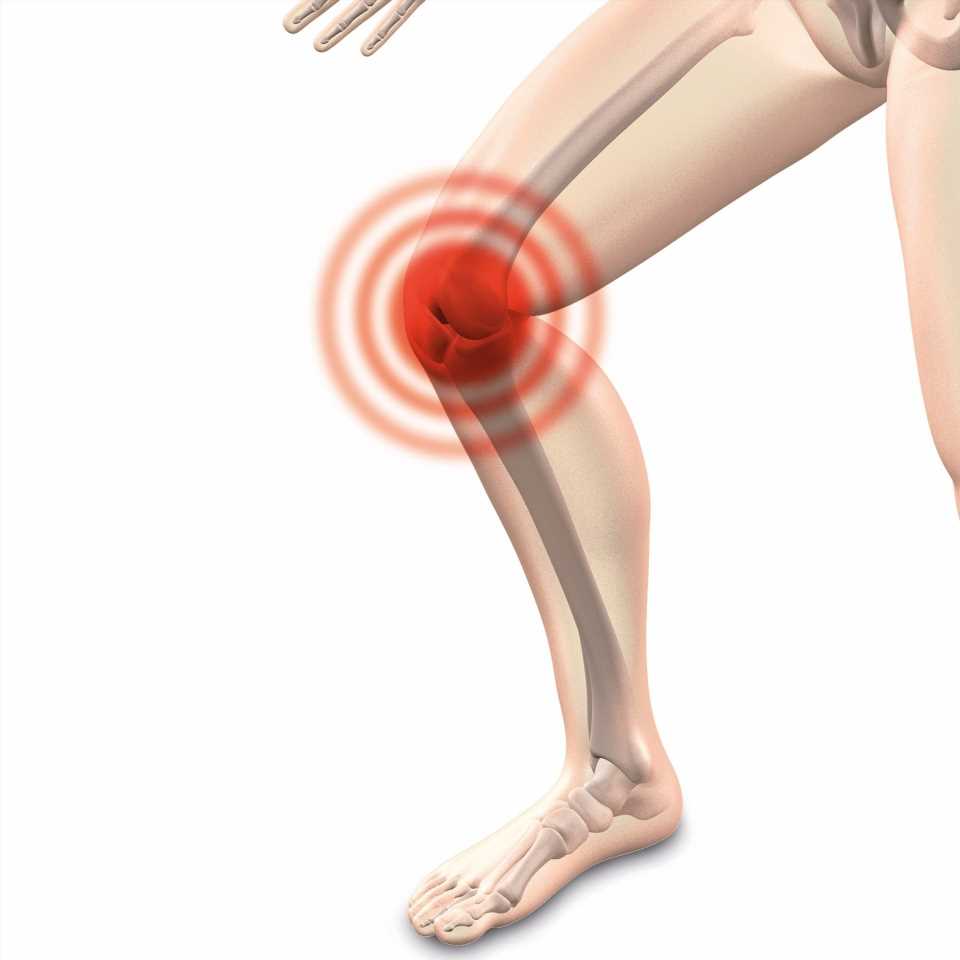
A retrospective case series study led by Dr. Vinod Dasa, Professor of Clinical Orthopaedics at LSU Health New Orleans School of Medicine, reports that more than two-thirds of the patients who underwent total knee replacement did not need opioids for postoperative pain. Results are published in the Journal of Orthopaedic Experience & Innovation.
A multimodal analgesia regimen, which targets numerous pain pathways, provided adequate pain relief for 27 of the 40 patients studied. The regimen included preoperative cryoneurolysis (freezing nerves); perioperative oral and intravenous analgesics, a neuraxial (spinal) and regional adductor canal block, and local infiltration of liposomal bupivacaine (Exparel); intraoperative periarticular infiltration of bupivacaine hydrochloride (Marcaine); and postoperative oral non-opioid analgesics.
Twenty percent of the patients in the case series had filled at least one opioid prescription within three months prior to total knee arthroscopy (TKA). All eight of them required opioids during the three months following surgery. Although pain scores improved over time for all patients, patients who used opioids after TKA reported higher levels of pain at each evaluation time point compared with those who had an opioid-free TKA.
The authors write that prolonged opioid use after TKA is associated with higher rates of infection, stiffness, and aseptic revision. As well, excessive prescribing of opioids after TKA increases the risks for misuse, abuse, dependence and overdose, and contributes to the national opioid crisis. This pilot study was intended to demonstrate that opioid-free TKA was possible; however, results indicate that the majority of patients who used opioids during the three months prior to TKA required opioids to control pain following TKA. How to mitigate prolonged opioid use after TKA for this highest risk subgroup remains an area ripe for investigation.
The authors conclude that “although there is no consensus about the optimal multimodal pain protocol for use in TKA, a growing body of evidence indicates that modalities that target a variety of pain pathways can produce additive or synergistic benefits. Future research should seek to determine which elements of the protocol are most essential for effectively managing pain and minimizing opioid use after TKA and investigate novel approaches to achieving opioid-free status in TKA patients who receive preoperative opioids.”
Source: Read Full Article
